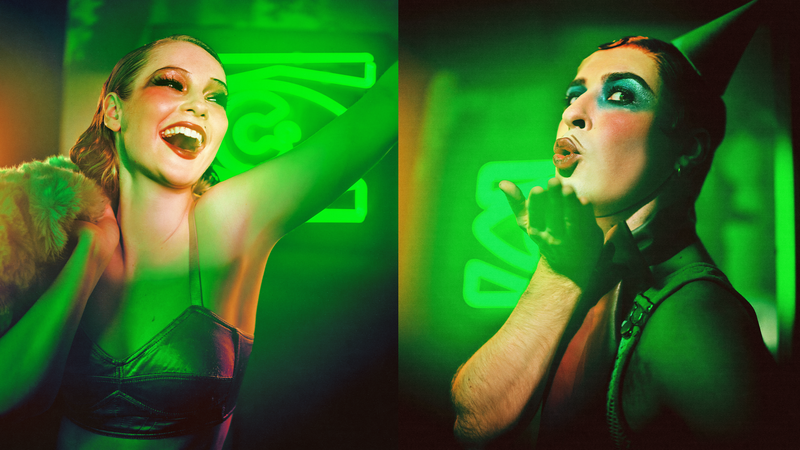 The APA (Advertising Producers Association) represents the interests of production companies shooting commercials. Their guidelines relating to the safest working practices for actors during filming are likely to affect theatre performers too.
The APA (Advertising Producers Association) represents the interests of production companies shooting commercials. Their guidelines relating to the safest working practices for actors during filming are likely to affect theatre performers too.
You can read the full report here via their website https://www.a-p-a.net/ but the good people at Mandy, an organisation that provides casting information for actors, has handily distilled the key points producers should consider, as follows –
“You should do everything practical to manage transmission risks by… keeping the activity time involved as short as possible, using screens or barriers to separate people from each other, using back-to-back or side-to-side working whenever possible, staggering arrival and departure times and reducing the number of people each person has contact with by using ‘fixed teams or partnering’.”
I'm not really qualified to comment on that from a filming perspective but as a former TV actor I imagine that quite a bit can be achieved by clever editing to make things look “normal”.
But in the rehearsal room and on stage it’s always, up to now, been essential for actors to look each other in the eye. Or not look them in the eye as a conscious choice.
The best acting mirrors how we behave in real life and you’ll notice there are very few encounters which don’t at least begin with eye contact. It’s how we assess how sincere, dangerous, loving, grateful, happy, sad etc. the other person is. The way we relate to each other is so much more than listening to the words people say.
In fact there are plenty of plays in which the actual text that’s spoken is almost inconsequential. In Chekhov for instance the surface chatter, even the silences, often cover up the depths of true feeling. It is only in the eyes that we truly see what’s going on. If one character is unable to assess another’s true state of mind by how and where and when they make eye contact a whole level of psychological interplay is lost.
Imagine your favourite scene from any film, TV show or and now imagine how weird it would be if the actors were unable to face or look at each other.
The only form of theatre I can think of where the performers don’t necessarily interact is Greek Tragedy (although only when performed as it was originally, with masked actors) and ancient Japanese Noh theatre.
Kabuki style Harold Pinter anyone? We might have to get used to it for a while!




 The enterprising Lambert Jackson productions have been busy again. They’ve announced they’ll be presenting an on-line production of cult musical THE LAST FIVE YEARS by Jason Robert Brown.
The enterprising Lambert Jackson productions have been busy again. They’ve announced they’ll be presenting an on-line production of cult musical THE LAST FIVE YEARS by Jason Robert Brown.